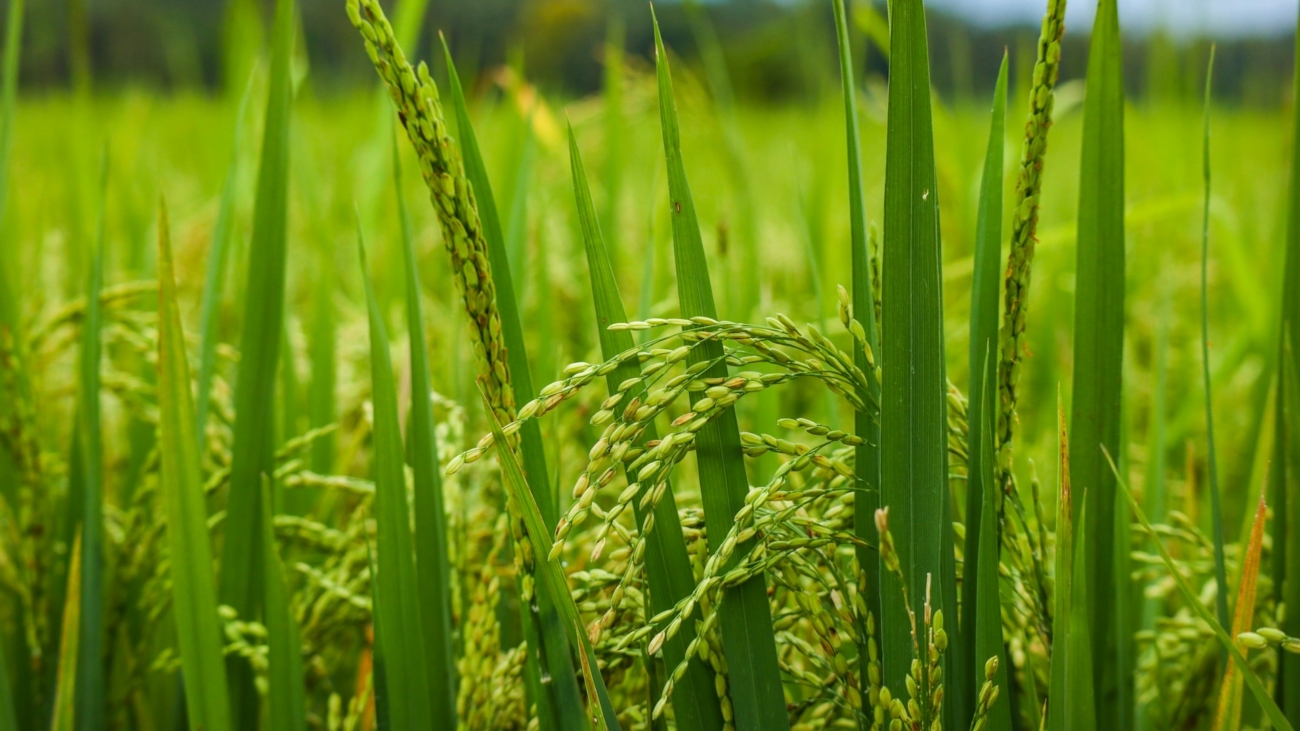The advent of smart farming represents a revolutionary shift in agriculture, where modern information and communication technologies are leveraged to enhance farm management. Smart farming aims to increase both the quantity and quality of agricultural products while minimizing the labor and resources required. This technological evolution is particularly significant in the European Union (EU), where the modernization of farms is a priority to ensure sustainable food production, reduced environmental impact, and increased efficiency.
The European Union has been at the forefront of promoting and implementing smart farming practices through substantial funding and support initiatives. Among these initiatives, the LIFE Programme stands out as a key instrument for environmental and climate action. Projects such as LIFE GAIA Sense exemplify the EU’s commitment to transforming traditional farming methods into tech-savvy, environmentally friendly systems. This project, which spans several countries and involves various crops, aims to demonstrate the practical benefits of smart farming and create scalable models for broader implementation.
The LIFE GAIA Sense project is a testament to the EU’s strategic approach to integrating high-end technology in agriculture. By establishing a comprehensive smart farming infrastructure, fostering collaboration among scientists and professionals, and focusing on measurable environmental benefits, the project sets a precedent for future agricultural practices. The expected outcomes, including improved resource efficiency, reduced greenhouse gas emissions, and enhanced socio-economic conditions for farmers, illustrate the transformative potential of smart farming. Through such initiatives, the EU aims to position itself as a global leader in sustainable agriculture, paving the way for a greener, more productive future.
Smart Farms
Smart farming refers to the use of modern information and communication technologies to manage farms with the aim of increasing the quantity and quality of products while optimizing the labor required. By incorporating technologies such as sensors, data analytics, and automation, smart farming allows for precise monitoring and control of agricultural processes. This technological integration not only enhances productivity but also ensures efficient use of resources like water and fertilizers, leading to higher yields and better-quality produce.
The European Union (EU) has prioritized the modernization of its agricultural sector to produce more food with fewer resources, reducing the overall environmental impact. By investing in advanced technologies and supporting initiatives like the LIFE Programme, the EU aims to make European farms more productive and sustainable. This transformation is essential for meeting the growing food demand while minimizing the ecological footprint of farming activities. Through these efforts, the EU is positioning itself as a leader in sustainable agriculture, promoting practices that can be adopted globally to address environmental and food security challenges.
EU Funding Initiatives: LIFE GAIA Sense
The LIFE Programme is the EU’s primary funding instrument for environmental and climate action. Among the key projects under this initiative is LIFE GAIA Sense, which aims to implement innovative smart farming services to support the circular economy in agriculture. This project, co-funded by the EU, spans from July 2018 to June 2022 and involves 18 demonstrators across Greece, Spain, and Portugal.
Project Objectives:
- Establish a large-scale smart farming (SF) infrastructure for data collection and analysis.
- Create a network of scientists and professionals to tailor SF services to the needs of specific crops and regions.
- Measure the impact of the GAIA Sense approach on soil, water, and air quality.
- Disseminate the project’s results at national and EU levels.
- Develop policy-making proposals for efficient resource management in agriculture.
Expected Results:
- A robust SF infrastructure supporting 18 demonstrators.
- Extension of SF services to 9 crops in 3 EU countries.
- Enhanced Nitrogen Use Efficiency, reduced pesticide use, and lower water consumption.
- Increased farmer income due to lower cultivation costs and improved product quality.
- Significant reduction in greenhouse gas emissions.
- Creation of 134 new job positions and establishment of a well-educated network of farmers and professionals.
Implementing Smart Farm Technologies
The adoption of smart farming technologies involves a range of innovations, including:
- Sensors: For monitoring soil, water, light, humidity, and temperature.
- Software: Specialized solutions for different farm types.
- Connectivity: Utilizing cellular and LoRa technologies.
- Location Services: GPS and satellite data.
- Robotics: Autonomous tractors and processing facilities.
- Data Analytics: Standalone analytics solutions and data pipelines.
The IoT-Based Smart Farming Cycle:
- Observation: Sensors collect data from crops, livestock, soil, and atmosphere.
- Diagnostics: Data is analyzed on a cloud-hosted IoT platform to identify deficiencies or needs.
- Decisions: The platform recommends location-specific treatments.
- Action: Farmers or automated systems implement the recommendations, and the cycle repeats.
Precision Farming:
Precision farming involves making highly controlled and accurate decisions for plant and livestock care, enabling per-plant or per-animal management rather than field-level decisions. This approach maximizes efficiency and resource use.
Automation in Smart Greenhouses:
IoT-driven smart greenhouses monitor and control environmental parameters with minimal manual intervention, reducing production loss, energy waste, and labor costs.
Leading the Future of Sustainable Agriculture
The European Union’s investment in smart farming through projects like LIFE GAIA Sense highlights its commitment to sustainable and efficient agriculture. By leveraging advanced technologies and creating robust support systems, the EU aims to lead the world in environmentally friendly farming practices. These initiatives not only improve productivity and reduce environmental impact but also enhance the socio-economic well-being of farmers across Europe.
By fostering collaboration among scientists, professionals, and farmers, and by focusing on measurable environmental benefits, the EU is setting a precedent for future agricultural practices. The expected outcomes, including improved resource efficiency, reduced greenhouse gas emissions, and increased farmer income, demonstrate the transformative potential of smart farming. Through these initiatives, the EU is paving the way for a greener, more productive future, showcasing how technology and sustainability can go hand in hand in modern agriculture.


Leave A Comment